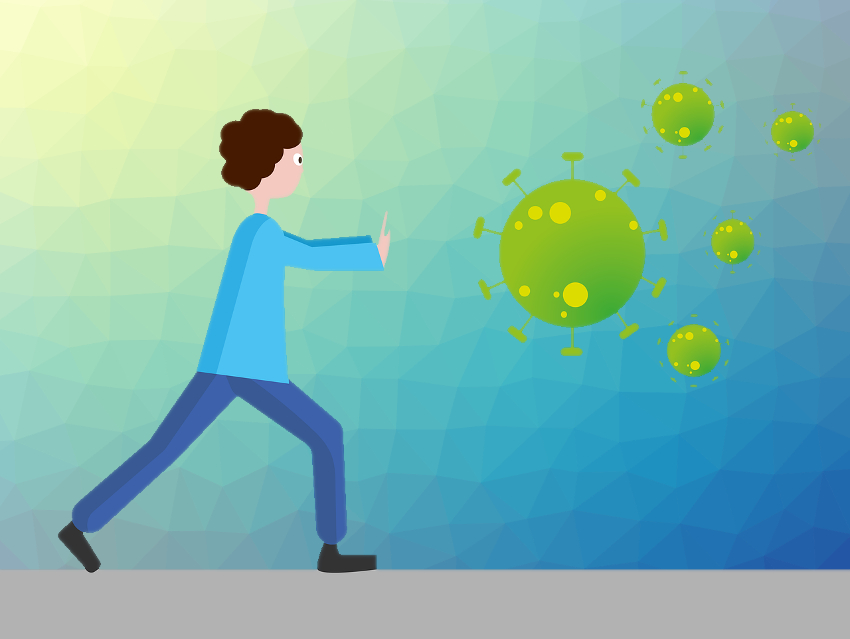The COVID-19 pandemic, caused by the coronavirus SARS-CoV-2, affects different groups of people—and different species of animals—with varying degrees of severity. SARS-CoV-2 can, for example, infect humans, cats, dogs, and ferrets, but not cows and pigs. Understanding where these differences come from could help to develop new treatments and therapies.
Jaswinder Singh, McGill University, Quebec, Canada, and colleagues have analyzed available protein sequences of the virus and host cell receptors across different species to find out why their susceptibility to COVID-19 differs. The team found that animals susceptible to the virus have something in common: They all have two cysteine amino acids in the angiotensin-converting enzyme 2 (ACE2) receptor that form a disulfide bond in an oxidizing cellular environment. This disulfide bond could create an anchor for the virus. In animals resistant to the virus, like pigs and cows, one of these two cysteine amino acids is missing, and the disulfide bond cannot be formed.
The work suggests that greater cellular oxidation in the elderly or those with underlying health conditions could predispose them to more severe cases of COVID-19. According to the researchers, preventing the disulfide group from forming could lead to new treatments for COVID-19. One strategy could be to disrupt the oxidizing environment that keeps the disulfide bonds intact, e.g., with antioxidants.
- SARS-CoV2 infectivity is potentially modulated by host redox status,
Jaswinder Singh, Rajinder S. Dhindsa, Vikram Misra, Baljit Singh,
Comput. Struct. Biotechnol. J. 2020, 18, 3705–3711.
https://doi.org/10.1016/j.csbj.2020.11.016
Also of Interest
- Collection: SARS-CoV-2 Virus
What we know about the new coronavirus and COVID-19




